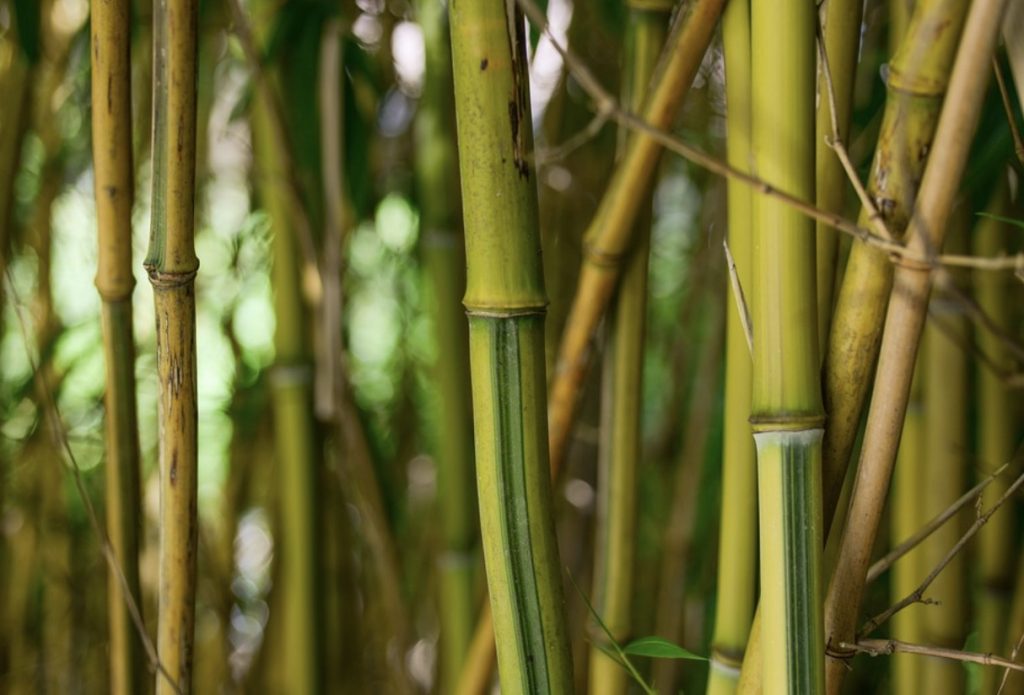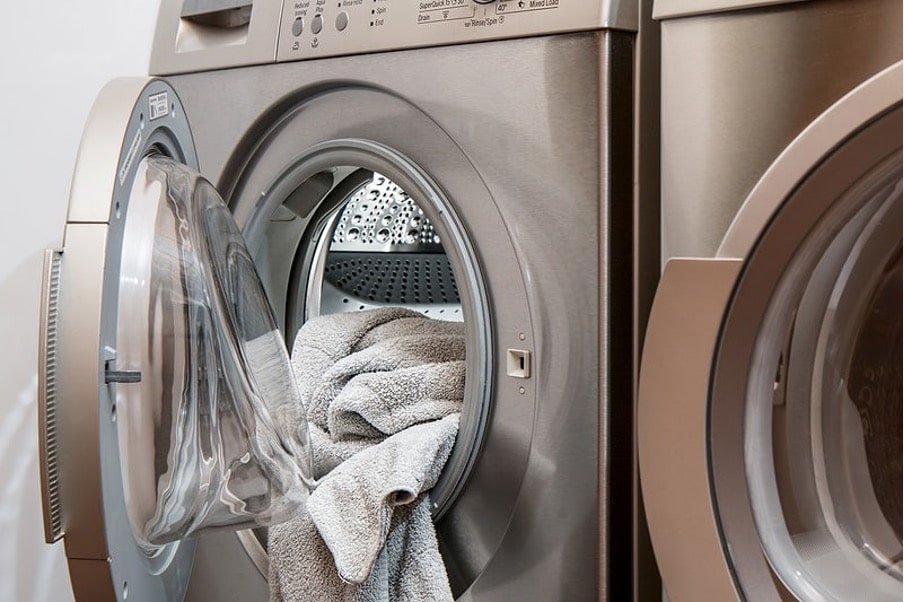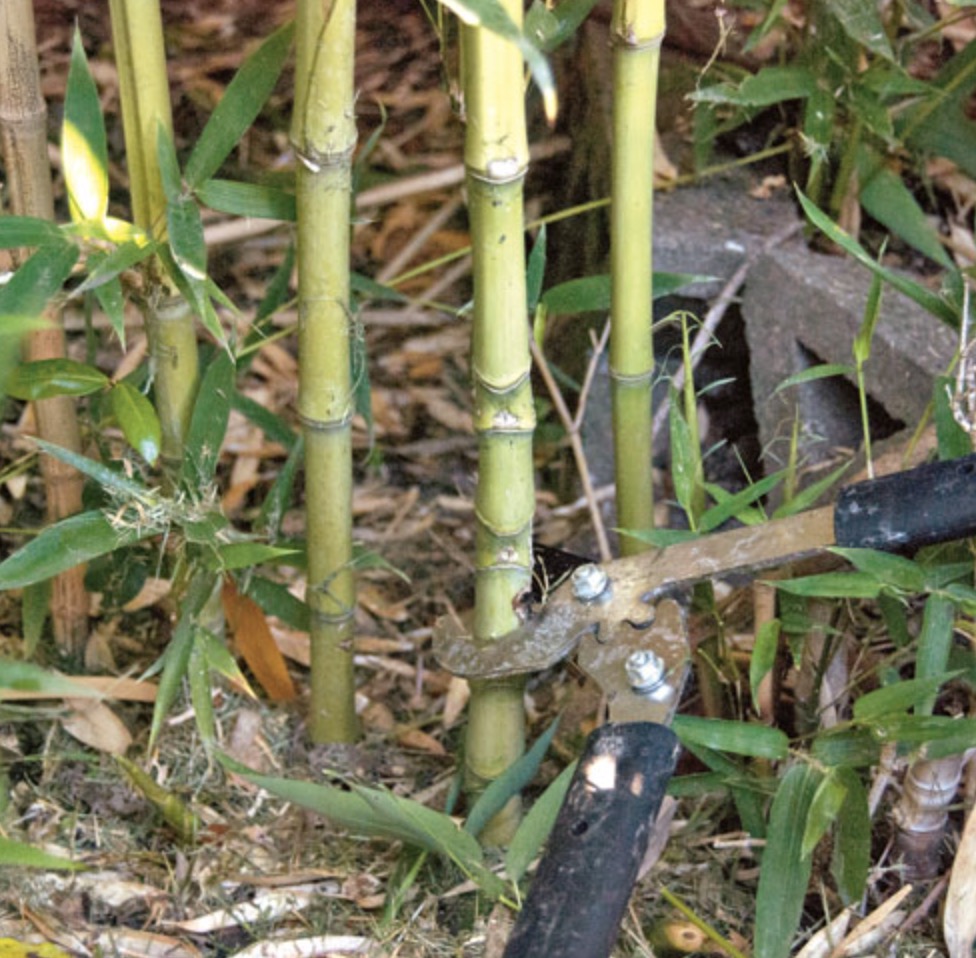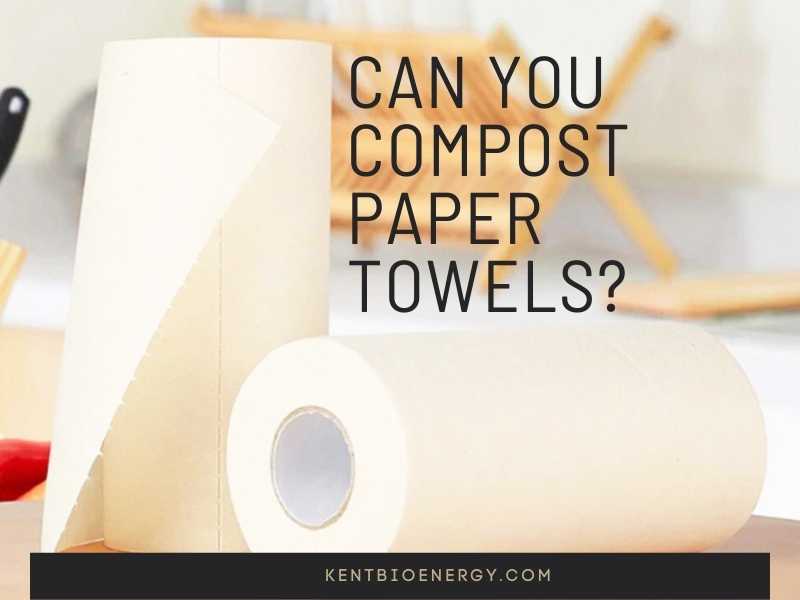When it comes to environmentally friendly paper, you will always see a match of Regular vs Recycled vs Bamboo Toilet Paper. But which paper is the best out of these three varieties? If you want to know, read this article to learn all the details and reach an answer at the end!
Regular vs Recycled vs Bamboo Toilet Paper
Regular Toilet Paper
Everyone knows regular toilet paper. The majority of it comes from forest woods managed by manufacturers, so these will be following standards from the government. However, a portion of them can still be from illegal harvests, so remember to check your sources.

To produce your regular roll of toilet paper, a lot of water, and land must be put into use. Some companies make up for their share of the responsibility by planting a tree in place of the one they cut down for production, but those trees are not growing back as fast to replace the sum.
To achieve the shade of white toilet paper is famous for, the paper has to go through a bleaching process. There are also a lot of scents, inks, and plastic packages for trademarks in the process.
Pros
- Cheap and easy to buy
- Come in a variety of plies
- Soft and easy on the skin
Cons
- Fast-paced production and hence cannot compensate
- Come in plastic packaging
Recycled Toilet Paper
Recycled toilet paper comes from the portion of wasted paper from our daily lives, like receipts, documents, etc. It goes through a process that gives it the texture and appearance similar to typical toilet paper.
Researchers try to eliminate materials that may harm the human body in recycled paper. An element that people still debate over is thermal-coated papers – the kind you see in shopping bills, lottery tickets, and shipping information slips. Thermal paper can cause minor toxicity exposure when used directly on the skin, thus logically scaring the mass market quite a bit.
Another attribute that makes thermal paper’s incorporation into toilet paper more challenging is its impact on the environment. As some people still keep the habit of flushing down their paper, the toxin in thermal prints can cause members of the aquatic scene living in areas where the sewage is dumped to lose their ability to reproduce. This will leave serious consequences on their populations.

Pros
- Makes good use of paper waste
- Can be reasonably priced
Cons
- Contains thermal paper
- Can damage sea life
Bamboo Toilet Paper
Bamboo toilet paper is becoming more and more popular in the grand scheme of things. It no longer comes from trees, so the concern of building back the forest is much easier to deal with. Bamboo is a plant that does not require much care, and it grows back the quickest in the entire world. This way manufacturers can use and replace wood sources more efficiently.
The paper production process with bamboo is essentially the same as regular paper, so there is not much cost fluctuation as well. Bamboo paper is 100% biodegradable so you won’t have to worry about it building up pollution or clogging up any sewage.
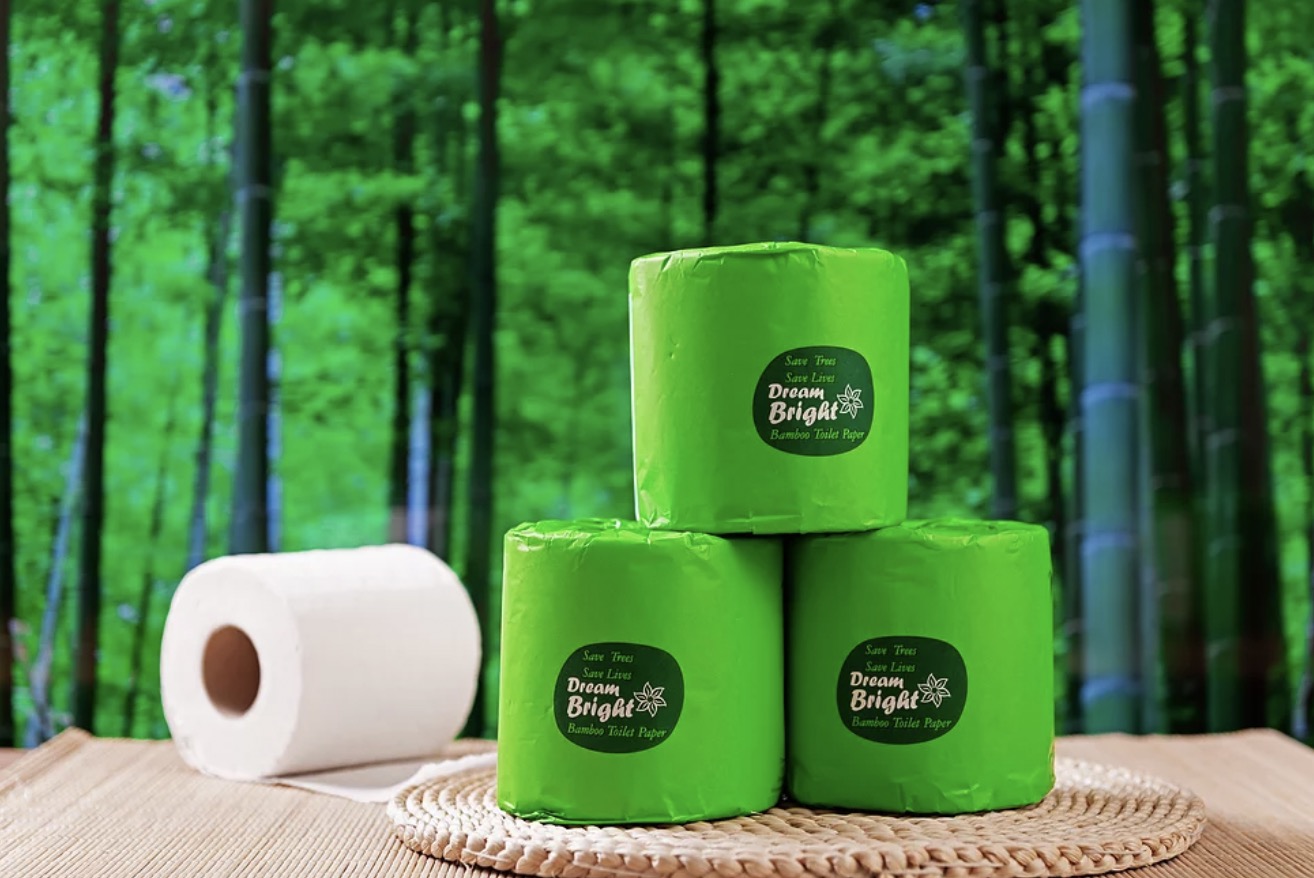
Pros
- Functions as regular paper
- Biodegradable and environmentally friendly
- Easily replaced
- Soft and safe to use
Cons
- Can be quite expensive (as with any new product not mass-produced)
Among These Three Papers, Which Is Best?
The current world situation calls for a need to compare Regular vs Recycled vs Bamboo Toilet Paper. When we consider all the factors that go into what makes a roll of toilet paper good, bamboo toilet paper is the most optimal option for those who want to become environmentally friendly. The paper is soft and safe to use, biodegradable, and generally sustainable.

Despite its price, when mass-produced, bamboo toilet paper and bamboo paper, in general, is the suitable alternative for regular wood paper!
The Bottom Line
Although one type of toilet paper comes out on top of this article, the world will need a lot of time to adjust to this new alternative, and thus it can still be difficult to reach an answer to the comparison between Regular vs Recycled vs Bamboo Toilet Paper. However, the world cannot change in one night, but your daily habits can still make an influence! We hope our article was helpful to you. See you at our next one!
Help Us! Share on:




